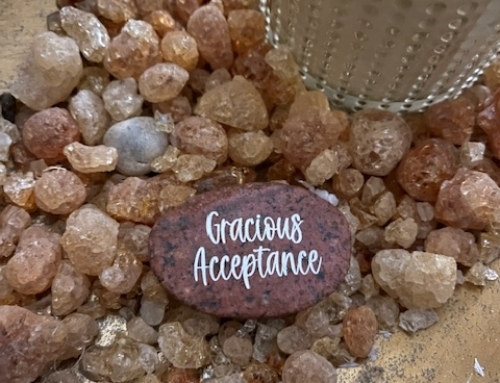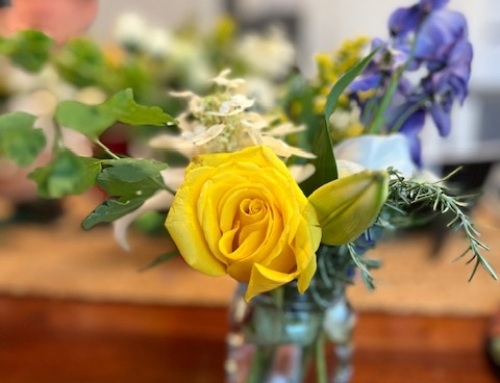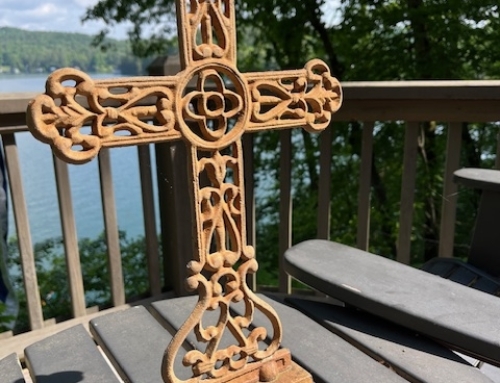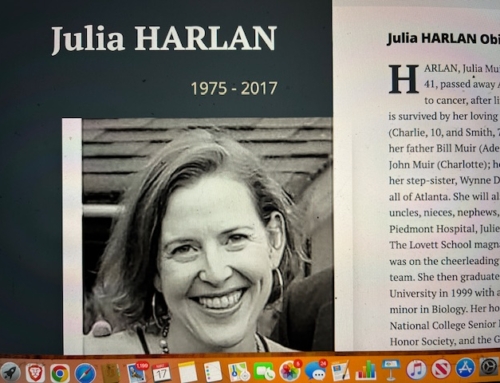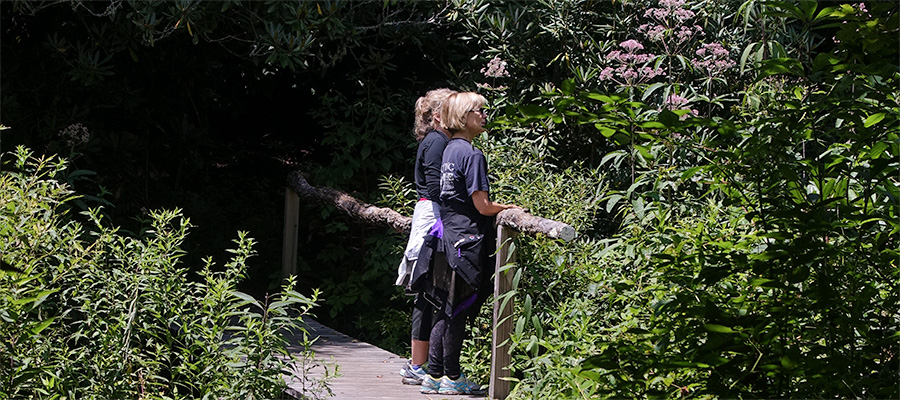
Good morning…
“I wanted to share this lovely article I just received on dolce far niente … the sweet art of doing nothing,” she texted after reading our recent message, The Magic Of Play. “It fits so well with your blog post this morning, Sue.”
Again, God’s perfect timing multiples our joy.
******
Excerpts from The Importance of Doing Nothing: Art of Relaxation by Rachelle Williams
- A visit to Italy will soon have you embracing the concept of dolce far niente or “sweetness of doing nothing.” It does not mean being lazy; instead, it’s the idea of finding pleasure in idleness or relaxation. It is the ability to savor an experience, relishing the feeling of wholeness as it fills what is empty. This is a different sort of doing nothing, much more than laying around and wasting time. It offers the opportunity to be in the moment in whatever way you choose and, in the process, improve your life in surprising ways.
- For Italians, dolce far niente is a part of everyday life, and they do it well. It is observed in families taking a stroll together, sipping wine with friends at a café, enjoying good coffee, and watching the passersby. Noticeably, there is a feeling of presence and truly enjoying the moment as it is. It is simple and pure. Doing nothing can be an event in itself!
- It serves an important purpose as well, probably unwittingly to most, in that it provides a sense of connection, not only to each other but with yourself. As a result, you end up gaining greater clarity about what is important to you at your core. This is a stimulating, always on-the-go society and it has become the default form of living, especially in the West. There is so much pressure to perform and meet expectations, creating a treadmill of stressful activity day after day.
- Somewhere along the way society gave up on notions such as relaxation, idleness, and living in the moment as an important part of daily life. Having periods of time with little activity has always been a part of life and was assuredly accepted and enjoyed by your ancestors in a way that has been long forgotten. It never had to be defined, until now. It is easy to be consumed by should’s and must’s. It is easy to forget some of your most basic needs and, along with them, the most basic ways of fulfilling them.
- Start to think of your time spent in solitude or engaging in a relaxing activity as an investment in your health, longevity, and well-being. The belief of not having enough time in the day is a myth that can be unraveled. Everyone has the same amount of time in a day; start to be aware of what consumes your time.
- Contrary to what you might think, being too busy can be counterproductive. Think of a washing machine that is crammed with too many clothes. Not much actual washing takes place because there is not enough space to move and churn. This same concept applies to life in general; you can use a little more space to help connect to the pulse of life and enjoy the pleasures it has to offer, no matter how small.
Here are a few of the benefits you may experience from incorporating more relaxing or pleasurable “doing nothing” moments into your days:
- Restorative—both mentally and physically
- Grounding
- Improves relationships
- Relieves stress
- More productive
- Connects you with your intuition
- Boosts creativity
- Allows time for reflection
- Helps to process ideas and information
******
I would add to the top of this list: “The art of relaxation teaches tangibly, as we do less, God does abundantly more.”
|
“The Lord will fight for you; you need only to be still” (Exodus 14:14, NIV).
…Sue…


